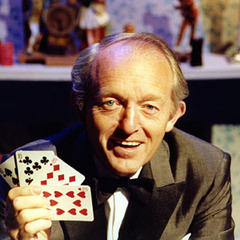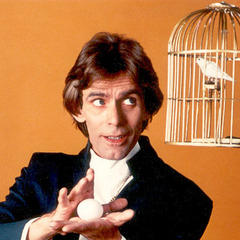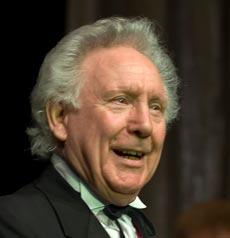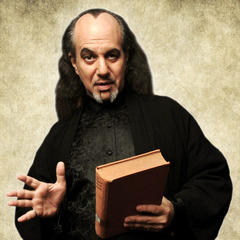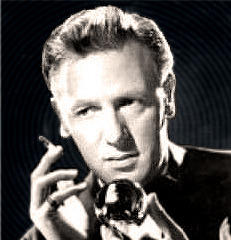David Copperfield Quotes about Magic

"The Dollar Meltdown: Surviving the Coming Currency Crisis with Gold, Oil, and Other Unconventional Investments" by Charles Goyette, (Ch. 6), 2009.

